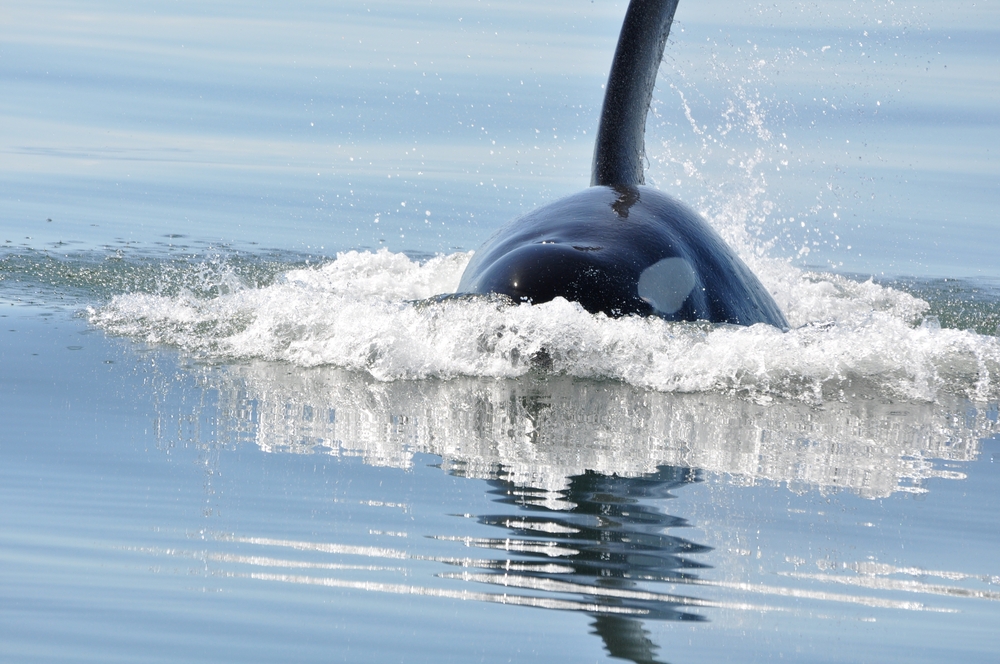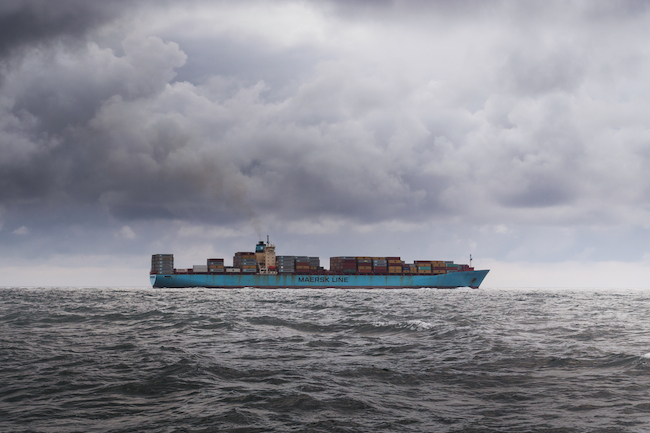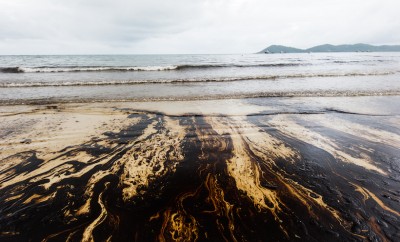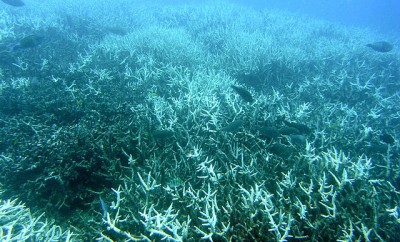Environment
The oceans are too loud for marine mammals

Image: Shutterstock/Monika Wieland
Imaging standing next to a jumbo jet while it’s about to take off. The sound would be absolutely deafening, and it would probably damage your hearing if you stood there for too long. Many people are not aware that we are actually doing this to tons of marine mammals in our oceans. Humpback whales are particularly sensitive to noise pollution, but other animals like seals also use sonar to communicate so they are similarly affected. Almost everything humans do in the ocean makes noise, similar to the magnitude of said jumbo jets. Industrial practices are deafening and blinding mammals in the sea, but they also have impacts on every aspect of life for them. All of this damage is detrimental, but we have the power to reduce it.
Sea mammals have evolved incredible hearing in order to communicate to each other, as well as navigate their environment. Unlike sunlight which only reaches the surface level of the water, sound waves can travel down for hundreds of miles before fading off into nothing. This gives the waves a much larger volume of space to damage whatever animals are around it.
What is emitting these harmful sound waves? Sonar blasts from military exercises and missions, booms from oil and gas exploration tools and constant noise from commercial fleets shipping various items across oceans at all times are the most responsible. Most of the noise from the industrial ships are caused by the propeller cutting through the water at extremely high speeds, creating large bubbles that boom loudly before they fizzle out. The force with which they are slammed into the water radiates throughout the ocean, making the environment for many marine mammals unbearable but unavoidable. Other sources within these large fleets come from rooms located in the bottom of the ship where the engine and other loud machinery live. The thing is, steps could be taken to reduce the sound emissions by a lot.
It all starts at the design level. Changing the shape of the propellers can reduce the force with which they hit the water, therefor cutting down the noise. Also, within the rooms at the bottom of the ship, sound-proof walls could be installed to prevent the sound waves from even entering the ocean waters. These small improvements could take time though, as industrial ships have long life spans of 30-50 years. Since the ships are currently in use and not in need of replacement, it is just a matter of time until experts can redesign them and produce entire new ships.

The practices involving gathering oil are those that require the approval of Marine Mammal Protection Act, Endangered Species Act, and other federal laws. These practices have been allowed by the government though without proper authorization in the Gulf of Mexico, which is the most heavily exploited body of water already.
Another potentially helpful solution is to re-route industrial ships to go around known habitats that animals live in. Avoiding the area that they are in will quite obviously lessen the impact the sound waves have on the animals. If they are not subjected to the waves in the first place, there will be less harm to their hearing and visual capabilities.





0 comments